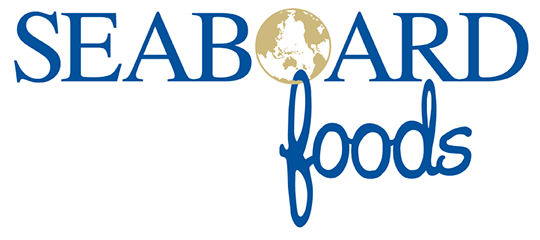

Seaboard Corp., a prominent player in the agribusiness industry, has faced a substantial setback in its pork segment during the second quarter (Q2) of the fiscal year, reporting a staggering operating income loss of $104 million. This concerning development was outlined in a filing submitted to the Securities and Exchange Commission (SEC).
The latest report stands in stark contrast to the same period in the prior year, where Seaboard managed to secure a modest profit of $1 million. This downturn in performance has raised eyebrows within the industry and prompted speculation about the underlying factors contributing to the company’s difficulties.
According to the submitted financial data, Seaboard’s total net sales for the quarter amounted to $2.39 billion, marking a notable decrease from the previous year’s figure of $2.97 billion. Within this context, the pork segment reported net sales of $595 million, registering a decline of approximately 10% in comparison to the $663 million reported during the same quarter in 2020.
One noteworthy aspect of Seaboard’s portfolio is its 52.5% noncontrolling interest in Butterball LLC. In the first half of fiscal 2023, Butterball reported a substantial net income of $41 million, signifying a considerable increase from the $27 million recorded in the preceding year. The second quarter saw Butterball achieve net sales amounting to $548 million, which further contributes to Seaboard’s diverse business ventures.
The report also delved into the influence of regulatory initiatives in California and Massachusetts on Seaboard’s operations. Specifically, the impact of California’s Prop 12 initiative and Massachusetts’ Question 3 has been noted. The company has expressed concerns about the potential consequences of these stricter regulations on asset valuation, production costs, and the stability of the pork market. This could ultimately lead to a decline in sales prices for pork products. It’s estimated that the volume of pork potentially affected by the new regulations in these states accounts for roughly 5% of direct sales for the year ending December 31, 2022.
In response to the current challenges, Seaboard has demonstrated its commitment to investing in its operations. The company reportedly channeled $219 million into property, plant, and equipment over the initial six months of the fiscal year. Out of this sum, $151 million was allocated to the pork segment, directed toward initiatives such as biogas recovery projects and breeding herd replacements, as well as other strategic investments. Despite the current hardships, Seaboard remains cautiously optimistic about the profitability of the pork segment for the remainder of 2023.
The report also revealed a significant strategic decision by Seaboard. The company has declared its intention to discontinue settling antitrust cases, suggesting a shift in its legal approach moving forward.
As the industry watches closely, Seaboard’s Q2 report underscores the multifaceted challenges facing the company’s pork segment and its efforts to navigate the intricate landscape of regulatory changes and market fluctuations.




